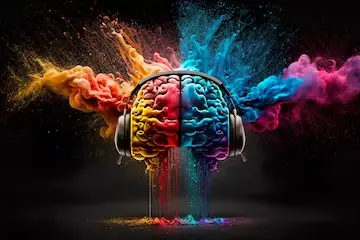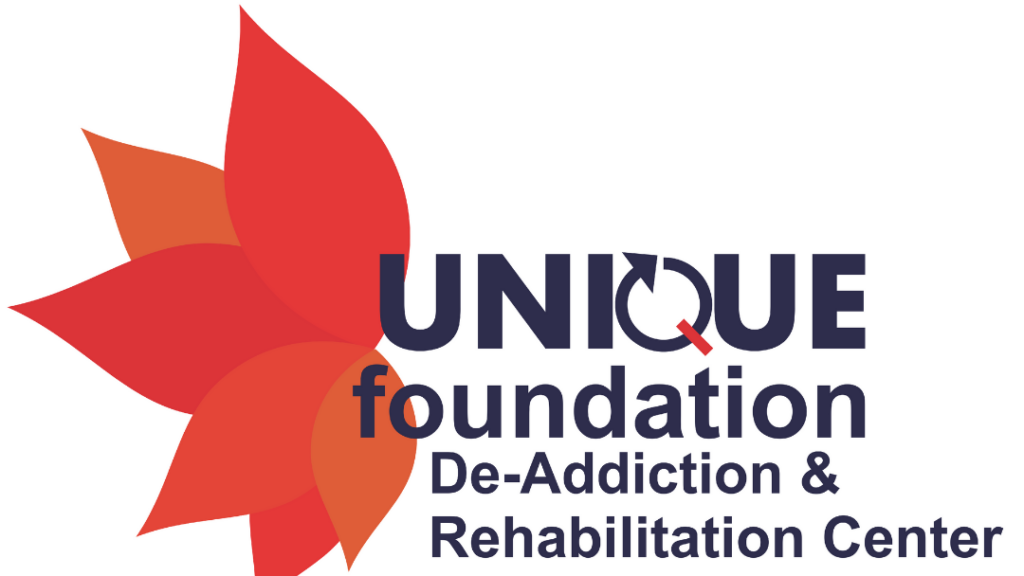Music Therapy

Music therapy is a therapeutic approach that uses music as a tool to address physical, emotional, cognitive, and social needs of individuals. It involves the use of musical interventions, such as listening to music, singing, playing instruments, songwriting, and improvisation, facilitated by trained music therapists.
Music therapy is employed in various settings, including hospitals, schools, mental health facilities, nursing homes, rehabilitation centers, and community settings. It aims to improve the well-being of individuals and can be tailored to meet specific goals, such as reducing stress, managing pain, enhancing communication skills, improving motor skills, promoting emotional expression, and aiding in cognitive development.
Music therapy is employed in various settings, including hospitals, schools, mental health facilities, nursing homes, rehabilitation centers, and community settings. It aims to improve the well-being of individuals and can be tailored to meet specific goals, such as reducing stress, managing pain, enhancing communication skills, improving motor skills, promoting emotional expression, and aiding in cognitive development.
A music therapist assesses the needs of the individual and designs a personalized treatment plan utilizing music-based interventions to achieve therapeutic goals. The inherent qualities of music, such as rhythm, melody, harmony, and tempo, can have profound effects on the brain and emotions, making it a versatile and effective therapeutic tool in various contexts.

